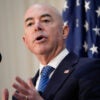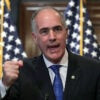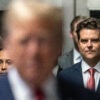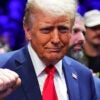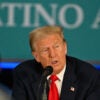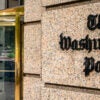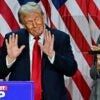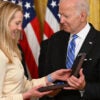More than ever, economic freedom matters.
The mysterious coronavirus, which originated in December in Wuhan, China, has engulfed countries across the globe.
In dealing with an emerging pandemic such as this unpleasantly contagious one, principled approaches are essential, including keeping the crisis in context, pushing for full transparency, and ensuring international coordination and cooperation.
At the core of effectively fulfilling these fundamental tasks lies a system that preserves and enhances freedom.
As The Heritage Foundation’s just released annual Index of Economic Freedom reminds us, policies and governing systems that promote freedom, whether through improvements in the rule of law, the promotion of competition and openness, or suitable restraints on the size and economic reach of government, turn out in practice to offer advance practical solutions to a wide range of challenges that constantly confront the world.
The link between economic freedom and human well-being is undeniable. People in economically free societies live longer, have better health, and take better care of the environment.
They also tend to have greater capacity to counter infectious diseases that know no borders, such as the current coronavirus pandemic.
As shown in the chart below, nations with greater levels of economic freedom are clearly better positioned to ensure better outcomes given their superior overall capacity “to prevent, detect, and respond to significant disease outbreaks,” as defined by the Global Health Security Index.
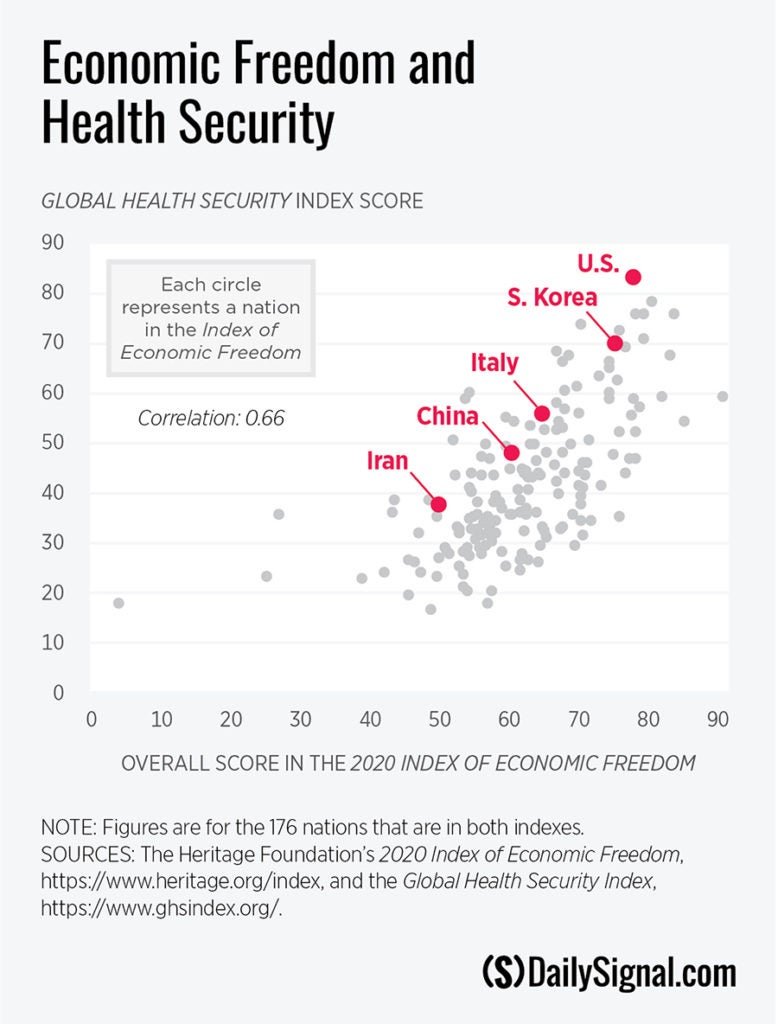
The Global Health Security Index is a comprehensive assessment of health security and related capabilities jointly published by the Johns Hopkins Center for Health Security, the Nuclear Threat Initiative, and The Economist Intelligence Unit.
As its report emphasizes, a resilient country not only must “prioritize and exercise the capabilities required to prevent, detect, and rapidly respond to public health emergencies,” but also “be transparent about its capabilities to assure neighbors it can stop an outbreak from becoming an international catastrophe.”
Fundamentally, nations’ capacity to handle pandemics hinges on the quality of their institutions and economic systems, particularly given the positive linkage between economic freedom and health security capacities that’s shown in the chart above.
In a quite similar context, Josh Rogin of The Washington Post pointed out in his recent commentary:
Some commentators are arguing that China’s coronavirus response attests to the superiority of its authoritarian brand of governance and crisis management. In reality, it turns out that democracies are better suited to protect public health—at least, when they take advantage of their inherent strengths. One country is showing how it’s done: South Korea. … Democracies strike a balance between personal liberty and government responsibility. Our citizens live better lives because they are promised dignity and entrusted with truth. Our values are not what make us vulnerable; they are what make us strong.
Indeed, countries with higher degrees of freedom are more resilient in times of calamity because they capitalize more fully on the capacity of their free-market democracies to reinforce human ingenuity and empowerment.
Perhaps most remarkably, they constantly push forward the frontiers of human achievement in science, medical breakthroughs, and technology through greater innovation facilitated by free enterprise.
In a period of growing uncertainty and anxiety, the world is witnessing how countries across the economic freedom spectrum respond to the coronavirus pandemic. As this critical effort continues, preserving policies that advance economic freedom should be an integral dimension of combating the infectious disease.
Now is the time to take decisive yet targeted prudent policy actions to minimize human cost and mitigate the economic effects associated with the coronavirus.
As The Heritage Foundation’s guiding document “True North: The Principles of Conservatism” reminds us:
America is strongest when our policies protect our national interests, preserve our alliances of free peoples, vigorously counter threats to our security, and advance prosperity through economic freedom at home and abroad.
